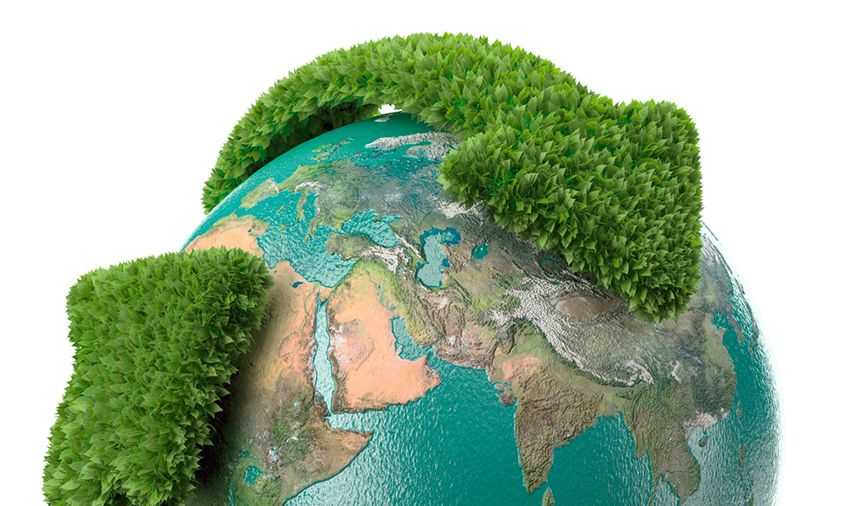Accueil>Décoloniser les paysages de San Francisco : plantations, musées et changements climatiques

24.03.2025
Décoloniser les paysages de San Francisco : plantations, musées et changements climatiques
À propos de cet événement
Le 24 mars 2025 de 16:00 à 18:00
Campus de Paris
27 rue Saint-Guillaume, 75007, ParisOrganisé par
Centre de sociologie des organisationsLe collectif Sens écologique(s) est heureux de vous inviter à la prochaine séance de son séminaire.
lundi 24 mars 2025 de 15h à 17h, en salle K008 à Sciences Po au 1, place Saint-Thomas
- Diana Davis (UC Davis) :
Excavating the Colonial Present of San Francisco's Landscapes and Decolonizing Climate Adaptation
- James Housefield (UC Davis):
Experiencing Nature in San Francisco’s First Museums and Pleasure Gardens.
Le séminaire est ouvert à tou.te.s sur inscription (obligatoire)
Voici le résumé de cette présentation croisée :
Diana K. Davis : Excavating the Colonial Present of San Francisco’s Landscapes and Decolonizing Climate Adaptation
Shortly after the Gold Rush, mid-nineteenth century San Francisco was a landscape comprised predominantly of sand dunes. Approximately 14 square miles of the city was composed of sand dunes that stretched from the Pacific coast to what is now the financial district on the Bay. Buildings, homes and streets eventually covered most of this sand, transforming it into the beautiful city we know today. The North West portion of San Francisco, from the Presidio to the neighborhoods south of Golden Gate Park, however, became the focus of intense environmental change with massive afforestation and other planting. During the last quarter of the 19th century and the first quarter of the 20th, large areas of mobile sand dunes were transformed into urban forests and parks, obliterating the native dune vegetation, and the viability of Indigenous livelihoods based on native vegetation and ecology. The story of this transformation forms the focus of this paper which will elucidate the European, colonial, and other environmental imaginaries, as well as imported technologies, which inspired much of this massive transformation. Taking an historical political ecology approach, the paper further outlines many of the problematic aspects of this transformation, analyzes the contemporary problems caused by this planting mania, and considers the implications of climate change and rising sea levels for this iconic peninsular city.
James Housefield : Experiencing Nature in San Francisco’s First Museums and Pleasure Gardens
Museums and significant exhibitions began to appear in San Francisco during the Gold Rush of 1848-1855, a time of settler colonialism and reshaping of the landscape. This study analyzes ecological attitudes and knowledge represented by these public spaces of display and considers their relation to the transformation of the San Francisco dune into a Europeanized landscape dotted with parks and pleasure gardens. Because of San Francisco’s role as the major port leading to the Gold Rush, the city saw an enormous influx of people and money that began a cycle of economic boom-and-bust that continue to the present day. Four institutions were among the most influential exhibition spaces of nineteenth-century SF: the Mechanics’ Institute; the California Academy of Sciences; Woodward’s Gardens; and the Sutro Baths. Each of these promoted an understanding of the natural world from local and global perspectives. Each incorporated a building program that, in the case of the last two examples, encompassed large-scale landscaping in the style of European pleasure gardens. Each played a role in defining what I call an “exhibitionary culture” for Northern California, while satisfying audiences’ desires for innovative experiences encompassing education and entertainment. Painting, scientific collections, taxidermy, and afforestation converged in the making of a city whose history and attraction would continue long after the early impact of the Gold Rush.
À propos de cet événement
Le 24 mars 2025 de 16:00 à 18:00
Campus de Paris
27 rue Saint-Guillaume, 75007, ParisOrganisé par
Centre de sociologie des organisations